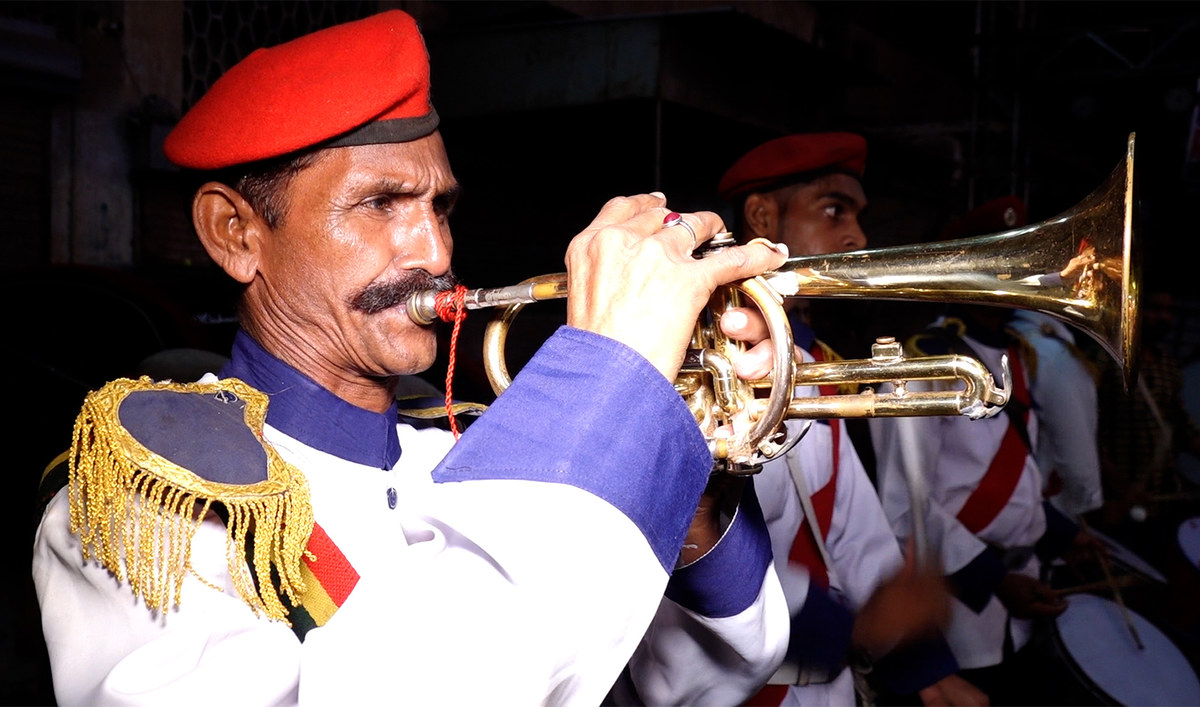ISLAMABAD: Authorities in Pakistan’s Punjab province have warned of an “intense” heat wave in southern districts of the province next week, urging people to take precautions and avoid going outdoors unnecessarily.
There is a severe risk of heatwave in Bahawalpur, Rahim Yar Khan, Dera Ghazi Khan and Multan districts from May 21 to May 27, according to the provincial disaster management authority (PDMA).
Authorities have been given instructions to set up heatwave counters in all hospitals and ensure the supply of all essential medicines.
“All departments can fight heat wave by working together and cooperating [with each other],” PDMA Director-General Irfan Ali Kathia said in a statement. “The next ten days are predicted to be engulfed by severe heat wave.”
Climate change-induced extreme heat impacts human health in multiple ways. Direct effects of exposure to extreme heat and heatwaves can include heat-related illnesses such as heat cramps, heat exhaustion, heatstroke, and hyperthermia. It can make certain chronic conditions worse, including cardiovascular, respiratory, and cerebrovascular disease and diabetes-related conditions, and can also result in acute incidents, such as hospitalizations due to strokes or renal disease.
Citizens are being informed about the dangers of heatwave through print, electronic and social media, according to the PDMA DG.
“The public is requested to take precautionary measures. Avoid exertion and exercise in strong sunlight,” he said. “Do not step out of the house unnecessarily. Wear light colored cotton clothes.”
People may dial the PDMA helpline 1129 or Rescue 1122 in case of an emergency situation, the official added.
Increased exposure to heat, and more heatwaves, have been identified as one of the key impacts of climate change in Pakistan, with people experiencing extreme heat and seeing some of the highest temperatures in the world in recent years. The South Asian country of more than 241 million, one of the ten most vulnerable nations to climate change impacts, has also recently witnessed untimely downpours, flash floods and droughts.
According to the Global Climate Risk Index, nearly 10,000 Pakistanis have died while the country has suffered economic losses worth $3.8 billion due to climate change impacts between 1999 and 2018. A deadly heatwave that hit Pakistan’s largest city of Karachi, the capital of Sindh, claimed 120 lives in 2015.
In 2022, torrential monsoon rains triggered the most devastating floods in Pakistan’s history, killing around 1,700 people and affecting over 33 million, a staggering number close to the population of Canada. Millions of homes, tens of thousands of schools and thousands of kilometers of roads and railways are yet to be rebuilt.

















